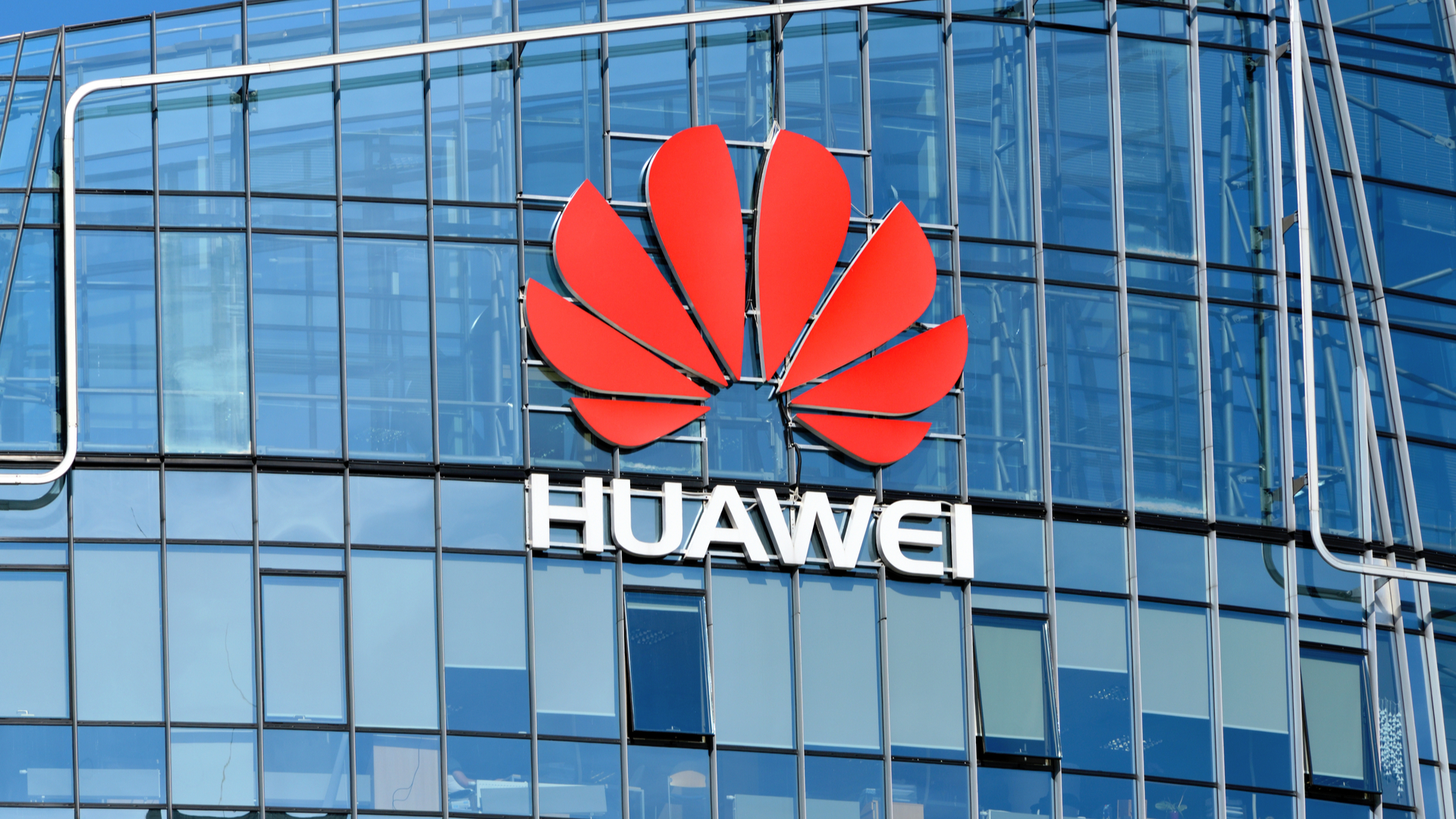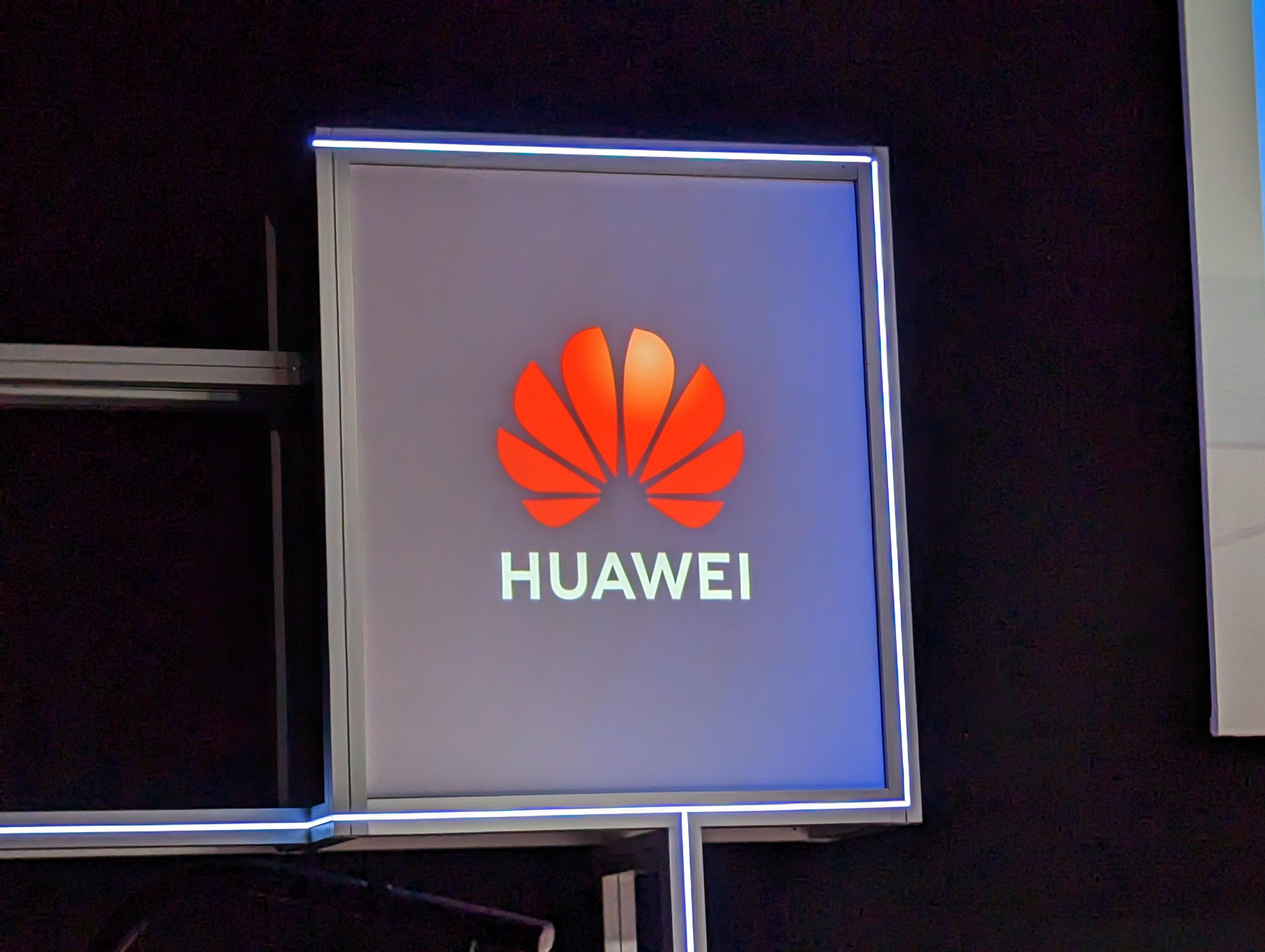Decision on Huawei's UK presence faces further delays
Uncertainty around the permanence of the US trade ban is halting the government's progress


The UK has delayed the final decision regarding the extent to which Huawei be involved in the country's 5G infrastructure, citing uncertainty around the ramifications of the US' sanction as the reason.
The US placed Huawei on a trade blacklist on 15 May and five days later issued a 90-day Temporary General License for existing Huawei users to keep receiving updates to their devices.
If the license isn't renewed, then the future operation of Huawei equipment in the UK could be jeopardised. "Since the US government's announcement we have sought clarity on the extent and implications but the position is not yet entirely clear," said digital minister Jeremy Wright, before confirming that "[the government] will do so as soon as possible."
The US' ban on Huawei from buying American-made goods sent a ripple of unsavoury consequences on the global supply chain that has already impacted British tech. Cardiff-based chipmaker IQE was forced to slash its revenue targets by 35 million in the weeks after the ban due to customers cutting their orders.
Research from Mobile UK also showed that a ban on Huawei equipment could cost the UK economy as much as 6.8 billion in replacement technology and the cost of labour to carry out the switch.
Coinciding with the announcement of the delay to the Huawei decision, Wright also announced the publication of the results of a review into the UK telecoms supply chain - an assessment of the security of British telecoms networks and what needs to be done going forward. These rules would have a much wider application than to just Hauwei's case.
Wright said there were three areas of concern, the first of which was in the way existing telecoms arrangements have been made with commercial outcomes taking a priority rather than cyber security.
Get the ITPro daily newsletter
Sign up today and you will receive a free copy of our Future Focus 2025 report - the leading guidance on AI, cybersecurity and other IT challenges as per 700+ senior executives
To address this, Wright proposed a new security framework to be created with input from Ofcom and the government. The rules set out by the framework must be backed up with more stringent law regarding their enforcement Wright said, alluding to the weakness in current law on the topic.
Until the new legislation is drafted and implemented, Ofcom will work with mobile network operators (MNOs) on a voluntary basis to ensure they are vetting telecoms vendors more strictly and in accordance with the new requirements.
"They will also be required to work closely with vendors, supported by government, to ensure effective assurance testing for equipment, systems and software, and to support ongoing verification arrangements," Wright added.
"In addition, we must have a competitive, sustainable and diverse supply chain, if we are to drive innovation and reduce the risk of dependency on individual suppliers."
Huawei is the biggest and most popular telecoms equipment manufacturer in the world with a larger market share than any other telecoms vendor.
Speculation around the security of its equipment has been made for well over a year but came to a head when the US alleged that it could be used for cyber espionage due to the pervasive deployment of the equipment and Huawei's CEO Ren Zhengfei having ties with the government after his brief stint in the People's Liberation Army.
Claims suggest Huawei could implant backdoors in its equipment to allow the Chinese government to remotely and invisibly spy on countries that rely on its infrastructure - something Ren vehemently denies.

Connor Jones has been at the forefront of global cyber security news coverage for the past few years, breaking developments on major stories such as LockBit’s ransomware attack on Royal Mail International, and many others. He has also made sporadic appearances on the ITPro Podcast discussing topics from home desk setups all the way to hacking systems using prosthetic limbs. He has a master’s degree in Magazine Journalism from the University of Sheffield, and has previously written for the likes of Red Bull Esports and UNILAD tech during his career that started in 2015.
-
 Bigger salaries, more burnout: Is the CISO role in crisis?
Bigger salaries, more burnout: Is the CISO role in crisis?In-depth CISOs are more stressed than ever before – but why is this and what can be done?
By Kate O'Flaherty Published
-
 Cheap cyber crime kits can be bought on the dark web for less than $25
Cheap cyber crime kits can be bought on the dark web for less than $25News Research from NordVPN shows phishing kits are now widely available on the dark web and via messaging apps like Telegram, and are often selling for less than $25.
By Emma Woollacott Published
-
 PyPI attack: Targeting of repository 'shows no sign of stopping'
PyPI attack: Targeting of repository 'shows no sign of stopping'News Greater collaboration and understanding of attackers’ tactics is key to mitigating open source security threats
By Ross Kelly Published
-
 Capita's handling of cyber attack shows companies still fail at breach reporting
Capita's handling of cyber attack shows companies still fail at breach reportingAnalysis Capita initially told customers there was “no evidence” of data having been compromised in the March cyber attack
By Ross Kelly Published
-
 Malware being pushed to businesses by search engines remains a pervasive threat
Malware being pushed to businesses by search engines remains a pervasive threatNews High-profile malvertising campaigns in recent months have surged
By Ross Kelly Published
-
 There's only one way to avoid credential stuffing attacks
There's only one way to avoid credential stuffing attacksOpinion PayPal accounts were breached last year due to a credential stuffing attack, but can PayPal avoid taking responsibility?
By Davey Winder Published
-
 Five things to consider before choosing an MFA solution
Five things to consider before choosing an MFA solutionIn-depth Because we all should move on from using “password” as a password
By Rene Millman Published
-
 Cyber security suffers from a communication problem
Cyber security suffers from a communication problemNews Negative language around ‘human failures’ is eroding trust between security teams and broader business functions - it has to stop
By Ross Kelly Published
-
 Does LastPass really deserve a last chance?
Does LastPass really deserve a last chance?Opinion After several disastrous security incidents and a communications breakdown, it’s time to leave LastPass for pastures new
By Ross Kelly Published
-
 MWC 2023: Huawei launches 'world's best' ransomware detection system
MWC 2023: Huawei launches 'world's best' ransomware detection systemNews Huawei claims its Cyber Engine database security system has a 99.9% detection rate, but experts have been quick to weaken the sentiment
By Bobby Hellard Published